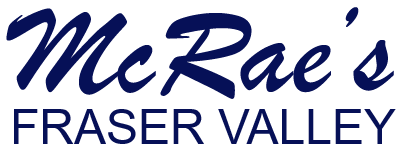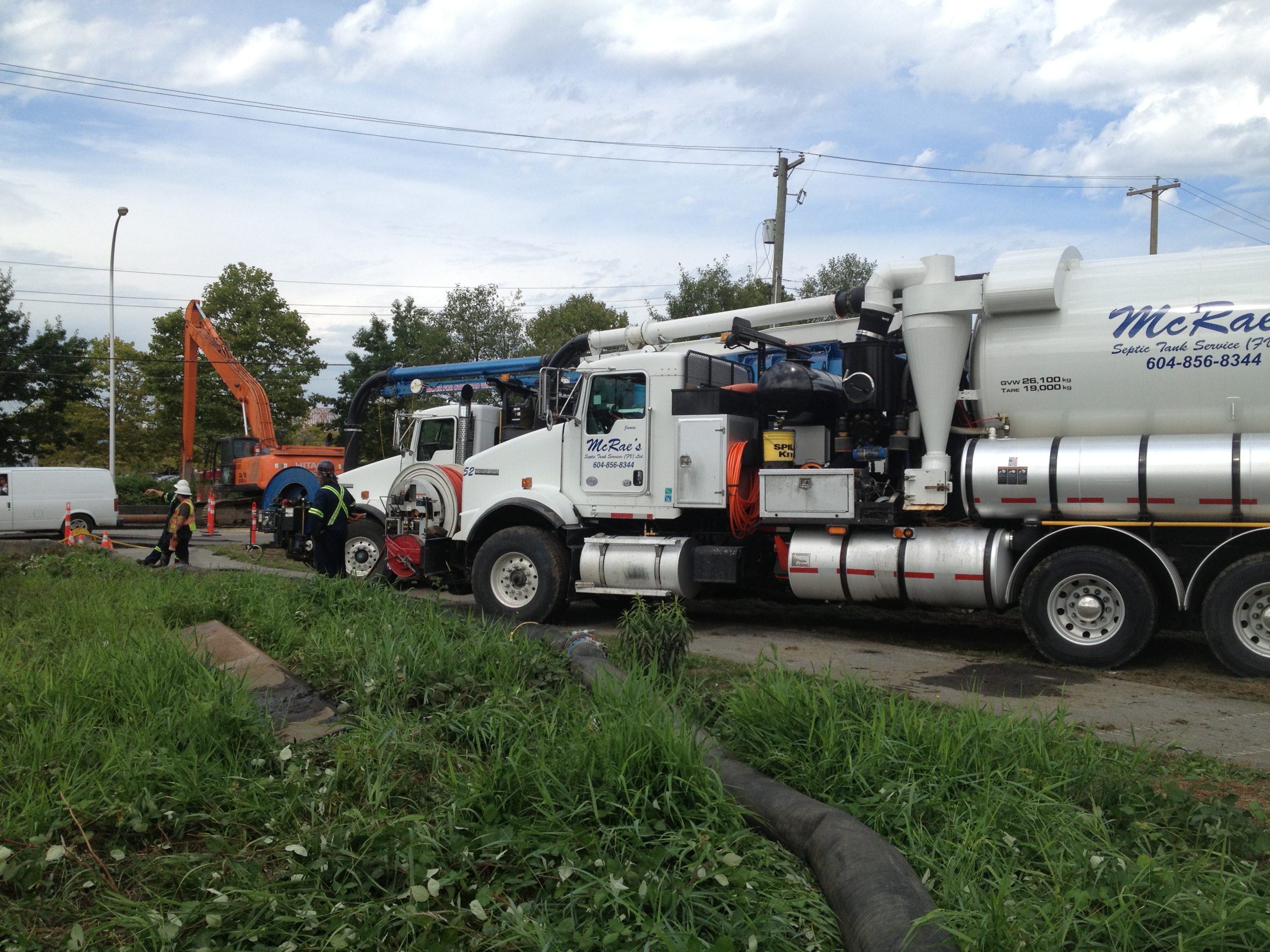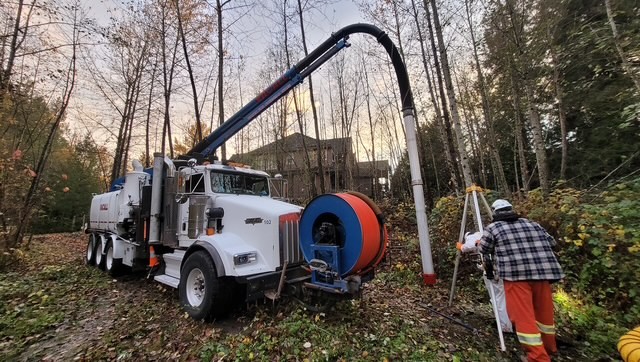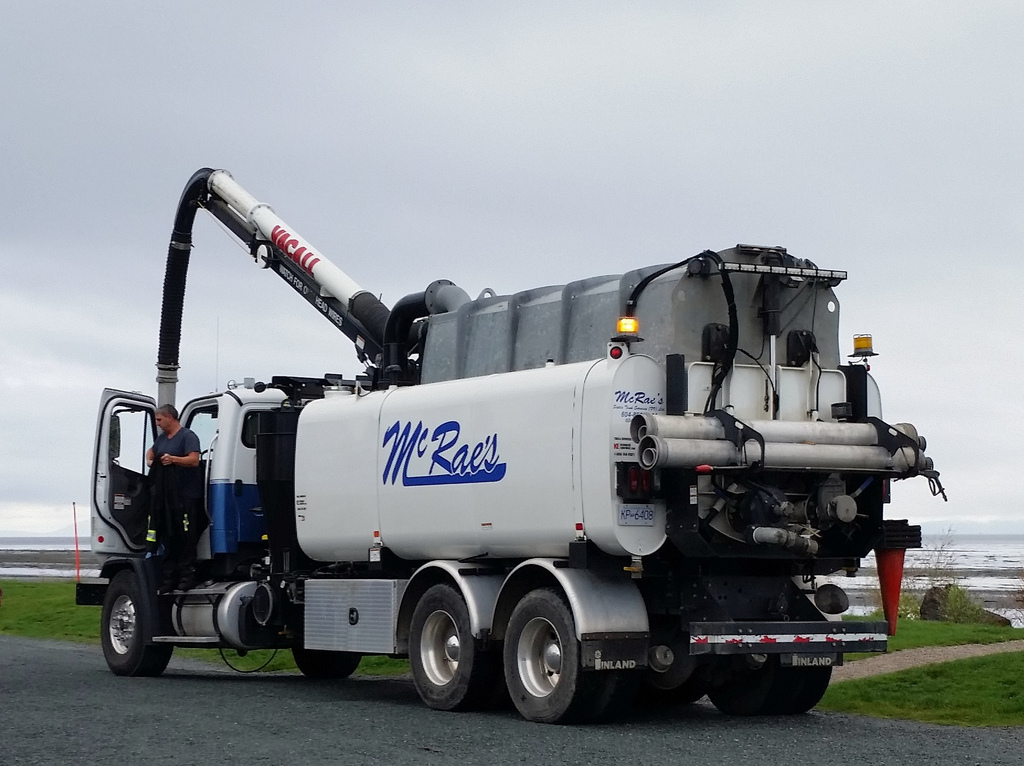Canada has seen a disturbing trend in the use of so-called “flushable” wipes, only to find that they are clogging the sewer systems and causing massive amounts of damage at the taxpayers expense.
A new Metro Vancouver campaign has begun combating the misinformation of “flushable wipes”, which actually pool up into “rags” or “sheep.” The wipes, once in the pipe system, will come together to form massive bundles of fabric that must be professionally removed. These bundles can weigh as much as 25 kg and be large enough to fill a recycling bin. And this issue has been happening for years.
In 2011, a backup caused by “flushable” wipes caused a flood at the Baynes Road Pump Station in Pitt Meadows. The flood forced maintenance crews to move 32 million litres of sewage off site. That is a considerable endeavor, and similar projects are costing Canadian taxpayers billions.
The Municipal Enforcement Sewer Use Group (MESUG) estimated that more than $250 million was being spent per year by attempting to clean issues caused by baby wipes, disinfectant wipes, and other allegedly “flushable” materials.
That number, however, has grown with the popularity of “flushable” wipes. MSEUG spokesperson Barry Orr recently announced that, “We have been seeing an increase in capital cost to install grinders and screens; now the issue puts us into the billions of dollars we are spending.” But what is being done about the issue?
Recently there has been a push for “adult toilet training” in Metro Vancouver with the launch of the “Never Flush Wipes” campaign. The campaign aims to educate citizens about an increasingly large problem, and to try to cut back on the costs that are allocated to removing “flushable” products from the sewer system.
In addition to a Vancouver-based marketing campaign to spread awareness, Canada has also been leading an international charge for industry-standards on “flushable” products. Orr has been working with the International Standards Organization in Geneva, Switzerland to implement tests that companies can do to ensure that their “flushable” wipes will not cause damage to sewer and septic systems.
It can take 2-5 years for an industry standard to be implemented, but Orr and MESUG are hoping to have theirs put into place in 2-3 years to limit the burden placed upon Canadian taxpayers.




